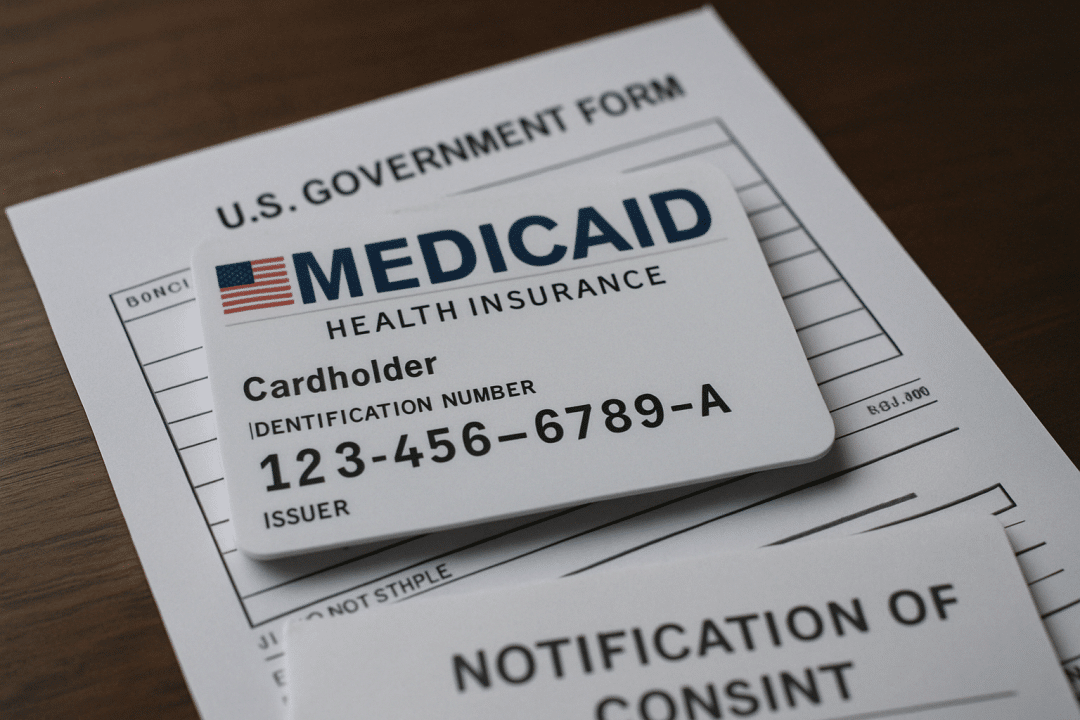
House Republicans are moving forward with a bill that would require certain Medicaid recipients to work, volunteer, or attend educational programs to keep their benefits. If approved, the new rules could start as early as 2027 and affect millions of low-income Americans.
Who would these rules affect?
The work requirement would apply to able-bodied, childless adults enrolled in Medicaid. These individuals would need to complete at least 80 hours per month through:
- Paid work
- Volunteering
- Job training or education programs
However, many people would still qualify for exemptions.
Who is exempt?
- Pregnant individuals
- People with disabilities
- Adults who already meet other Medicaid exemption criteria
This plan marks the first time that federal work requirements would apply across all states.
When would the rules take effect?
House Majority Leader Steve Scalise confirmed that Republicans want the rules to start in early 2027—two years earlier than originally proposed. This change is part of the broader “One Big Beautiful Bill Act,” which also includes:
- A renewal of Trump-era tax cuts
- Expanded immigration enforcement
- Reforms to Medicaid and other safety net programs
According to Scalise, launching the new rules in 2027 gives states and the federal government time to prepare. Mehmet Oz, the current administrator of the Centers for Medicare & Medicaid Services, would lead the rollout.
Why are the work requirements controversial?
Supporters claim that work promotes independence and ensures that taxpayer funds go to those who need help while making an effort to improve their situation. Representative Brett Guthrie (R-KY) recently stated that the policy prevents benefits from going to people “choosing not to work.”
However, critics argue that similar efforts in the past have caused significant harm. For example, Arkansas imposed work rules in 2018. Over 18,000 people lost coverage—not because they refused to work, but due to reporting issues or confusion. Georgia also faced setbacks during its pilot program, including limited enrollment and legal battles.
Evidence shows that these rules rarely improve employment outcomes, yet they often result in lost healthcare coverage.
What happens next?
The bill passed in the House, but its future in the Senate remains uncertain. Some Republican lawmakers want stricter measures, while others worry about voter backlash. If it moves forward, states would begin preparing for implementation in 2025 or 2026.

